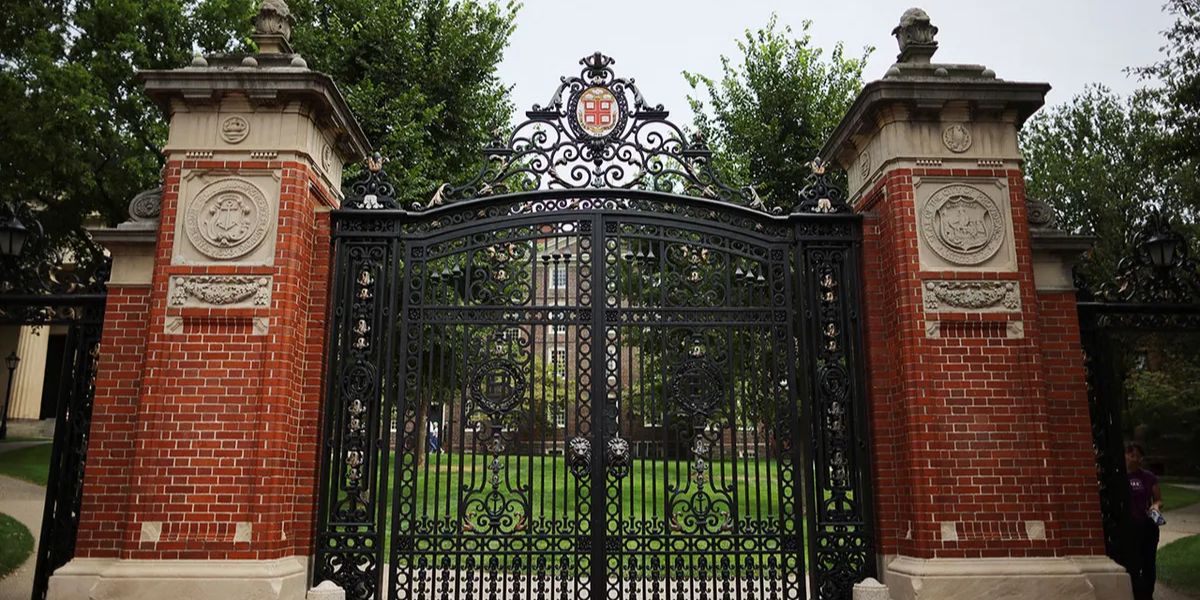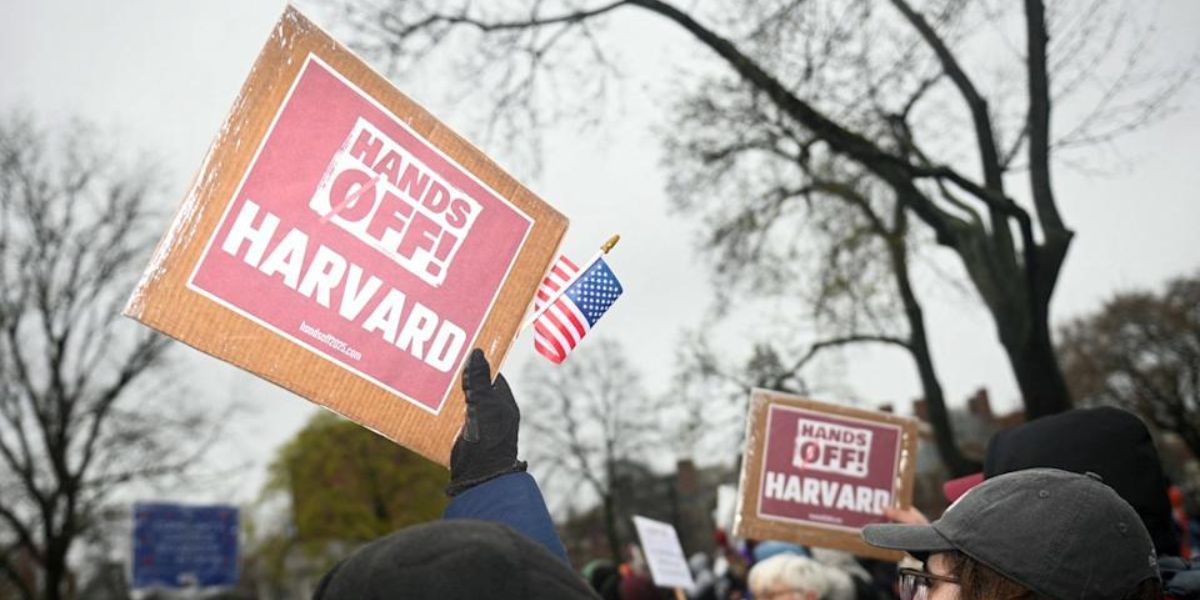Capitol Hill is taking notice of a developing scandal about a “DOGE-like” email at one of the best universities in the country.
Texas Representative Troy Nehls urged Brown University to reevaluate any disciplinary action against Alex Shieh, a sophomore who sent an email asking non-faculty university employees what they did “all day.” The email was similar to one sent by Elon Musk’s Department of Government Efficiency (DOGE).
“Reports indicate that Mr. Shieh engaged in a journalistic act of contacting university administrative employees to inquire about their roles and responsibilities. This action, it appears, stemmed from his perspective as a student paying a substantial tuition fee and experiencing concerns regarding university facilities, leading him to question the allocation of administrative resources,” Nehls stated.
“Penalizing a student for what appears to be an attempt to understand the university’s administrative structure raises serious questions about the institution’s commitment to open inquiry and the tolerance of dissenting viewpoints.”
Additionally, he requested additional details about how Brown uses its $7.2 billion endowment to improve student lives and reduce tuition.
It occurs at a time when the Trump administration has focused intense attention on American Ivy League universities due to their exorbitant tuition costs and campus antisemitism scandals.
After compiling a database of all 3,805 non-faculty members of the Brown University staff, Shieh sent them an email asking, “What do you do all day?”
He claimed on X that he had been “charged with misrepresentation and violating the IT policy” and that he had been issued a disciplinary hearing.
For the 2025–2026 academic year, Brown University’s tuition alone will cost $71,700. According to the school’s website, fees, food, and housing expenditures add up to almost $93,000 annually; indirect charges raise the total to almost $96,000.
“I urge you to reconsider any disciplinary action taken against Mr. Shieh and to reaffirm Brown University’s commitment to protecting the free expression of all its students,” Nehls stated.
“Additionally, below you can see screenshots from Brown’s website showing the performance of its $7.2 billion endowment, boasting a 10% annual return. Please explain how these funds are used to improve the student experience or bring down the cost of tuition.”
In a prior measure, Nehls proposed raising the excise taxes on the endowment funds of the majority of larger universities from 1.4% to 21%, which would be in line with the corporation tax rate.
Read Also: ‘Retaliation’: Letitia James Breaks Silence on Criminal Allegations
“In spite of what has been reported publicly framing this as a free speech issue, it absolutely is not,” Brian Clark, vice president for news and strategic campus communications stated.
“At the center of Brown’s review are questions focused on whether improper use of non-public Brown data, non-public data systems and/or targeting of individual employees violated law or policy.”
“Brown has detailed procedures in place to investigate alleged conduct code violations, resolve them and implement discipline in instances when students are found responsible, and these will continue to guide our actions,” Clark continued. “Students have ample opportunity to provide information and participate directly in that process to ensure that all decisions are made with a complete understanding of the circumstances.”



